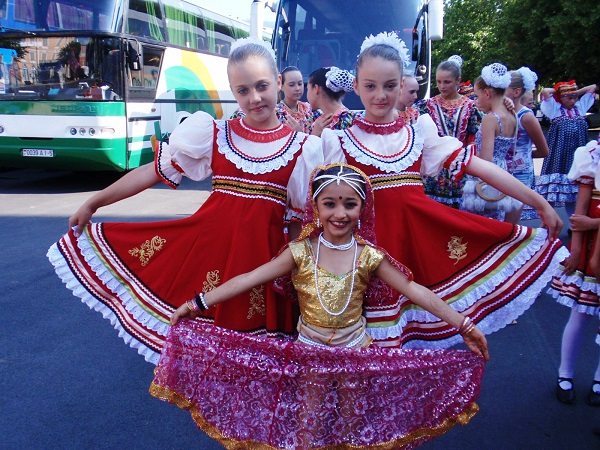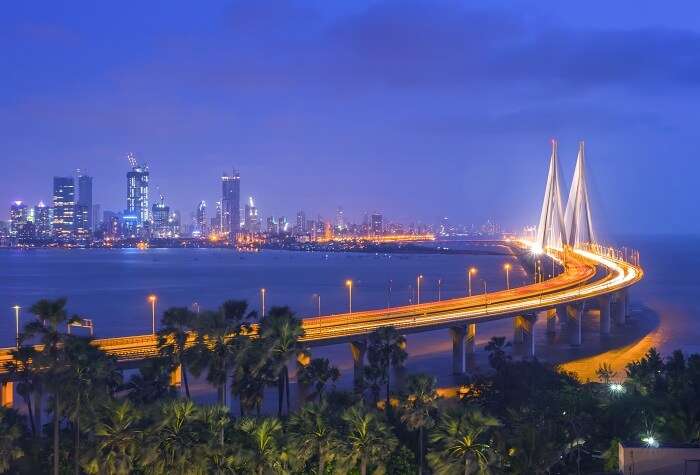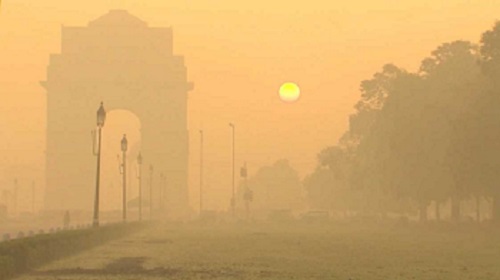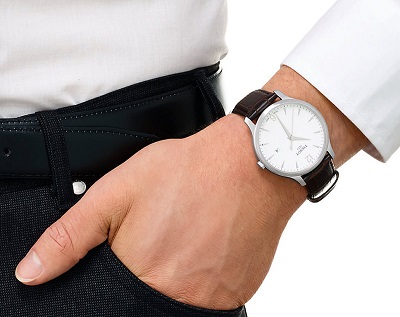Exchange programmes are slowly becoming popular with school students and parents alike, widening their horizons and enhancing their cultural experience.
by The Editors | editor@themetrognome.in
Students these days have several things going for them – unconventional work options while they study, a multitude of courses to choose from, and most importantly, the opportunity to travel to foreign countries on short stints as exchange students.
 It is this last that is slowly picking up pace in our country – and Mumbai is particularly responsive to the trend of students travelling to distant shores to gain life experience and a chance to study other cultures up close. The Metrognome spoke to Ferriswheel’s founder Shubhra Bharadwaj (in pic on left) to gain more insights into the trend.
It is this last that is slowly picking up pace in our country – and Mumbai is particularly responsive to the trend of students travelling to distant shores to gain life experience and a chance to study other cultures up close. The Metrognome spoke to Ferriswheel’s founder Shubhra Bharadwaj (in pic on left) to gain more insights into the trend.
Excerpts from the interview:
What is the response from Mumbai students like, to the CEPs (Cultural Exchange Programmes)that you plan?
The response is phenomenal. We have used word of mouth as our marketing tool and it has offered extremely satisfying success on all fronts. Schools have supported us whole-heartedly and even the feedback from the people has been great.
Currently, students in Mumbai or any other part of India are not completely aware of such student exchange programes except the ones who have already gone on such programmes. We hope to create more awareness among kids, schools and parents about the benefits of our CEPs for children.
Can you describe the first CEP you planned? Which was the country the students visited?
This first International Children’s Festival was organised in 1996 where the children’s group was taken to Turkey to celebrate the National Children’s Day on April 23. It is the 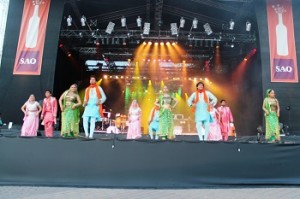 world’s largest children’s festival that has seen participation from over 30,000 children from 116 different countries since its inception by Kamal Ataturk. Each year close to 50 countries participate in this festival. The gala performance is and was telecast live on all Turkish channels.
world’s largest children’s festival that has seen participation from over 30,000 children from 116 different countries since its inception by Kamal Ataturk. Each year close to 50 countries participate in this festival. The gala performance is and was telecast live on all Turkish channels.
The prestigious event bestowed the honour and privilege on individually selected Indian children representing the team, to meet the Prime Minister and President of Turkey, the Honourable Mayor and Governor of Gaziantep, as well the Head of Turkish Parliament, a moment of pride for India.
So children also get to meet heads of State in the countries they visit?
Every time we travel under our CEPs, the children are taken to meet various dignitaries like the Governor and the Mayor of the host city and other heads of States. Every year one child from each participating country is chosen to meet the Prime Minister and President of the host state and is flown in a chartered aircraft. The event gets covered by the local press and media followed by a special dinner for the children.
A few of the heads that we have met earlier through our CEPs are the Prime Minister of Turkey, Recep Tayyip Erdoðan, the President of Turkey, Abdullah Gül, the Mayor of Izmir city, Aziz Kocaoðlu and Governor of Izmir city, M Cahit KIRAÇ.
What do students and their parents look for in a programme of this sort?
They are looking for education through travel, friends, carnivals, different cultures, sports, fun and international exposure. These exchange programmes are short dream lives that children and youth experience towards a future that is wholesome, open-minded and confident. Children get the unique experience of living with the host families and experience their culture on a first-hand basis. More importantly, they get an opportunity to exhibit their culture and represent their country on an extremely prestigious platform.
The objective of every parent and every school is to provide a child with the experiences and tools to develop holistically and learn to be a ‘global citizen’. While parents look for learning and their child becoming more responsible, students look for it as an opportunity to meet children of different countries, broaden their horizons, learn to adapt to new cultures and having fun.
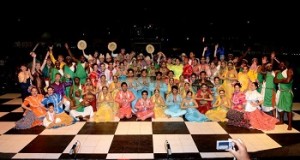 Thus, such programmes help children develop holistically and learn to be ‘global citizens’. The child learns to be independent and confident, becomes responsible, overcomes prejudices and pre-conceived notions about people of different cultures, gets to intermingle and make friends with children from all across the world. Also, the cultural exchange programme certificate is a great addition to their resume as it helps them in admissions abroad.
Thus, such programmes help children develop holistically and learn to be ‘global citizens’. The child learns to be independent and confident, becomes responsible, overcomes prejudices and pre-conceived notions about people of different cultures, gets to intermingle and make friends with children from all across the world. Also, the cultural exchange programme certificate is a great addition to their resume as it helps them in admissions abroad.
Of all the States and cities in India, from where do you see maximum participation?
We have a strong base in Gujarat and Mumbai for years and now we will be looking at operations pan India. We have a tie up with Italy, Turkey, USA, Canada, UK, Switzerland, Spain, Portugal, Czech Republic and France for the programme.
How are foreign students able to adjust to life in India?
We only take a group of children from India to International festivals across the globe. We do not invite their children over to our country. The reason why this programme is called Exchange Programme is that the children live with the host families and interact with many children from other countries.
Please describe an interesting incident from the CEPs, which has remained with you till date.
Ferriswheel Youth Ensemble was awarded the best performing group trophy at a prestigious International Youth Festival in Canada through public voting. Our Executive Producer, CEP, Sabeena Kapur fondly remembers her CEP trip to Taiwan. During that trip, the children were sharing their memorable moments with us and one of them went up to her with a handmade card that said, “I don’t miss home because of you and whenever I will celebrate Mother’s Day, I shall think of you.” We were truly touched.

